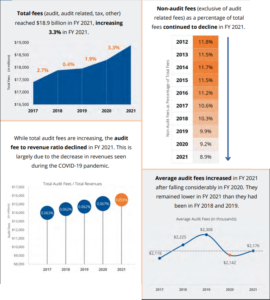Caroline A. Crenshaw is a Commissioner at the U.S. Securities and Exchange Commission. This post is based on her recent public statement. The views expressed in the post are those of Commissioner Crenshaw, and do not necessarily reflect those of the Securities and Exchange Commission, the other Commissioners, or the Staff.
Introduction
It is a pleasure to be here today at the Inaugural ECGI Responsible Capitalism Summit. Coincidentally, this is my inaugural trip overseas as a Commissioner. I came into office in the midst of the global pandemic, so I have not had the opportunity to meet with groups of academics, policy-makers, members of industry, and the general public in-person. I am glad to be able to do so now and I hope to benefit from the ideas and discussions produced at this forum. Thank you to Professor [Marco] Becht for organizing today’s discussions, and to Professor [Eilis] Ferran for that kind introduction.
As always, I must give the standard disclaimer that the views I express today do not necessarily represent those of the Commission, my fellow Commissioners, or members of the Commission’s staff.
When I accepted the invitation to this conference, I did not realize that my remarks would precede a Nobel Laureate, Professor Oliver Hart. My praises to Professor Becht for putting together such an esteemed group. I’m pleased to precede Professor Hart, who is here today to discuss his new paper, The New Corporate Governance, co-authored with Professor Zingales, a highly accomplished professor in his own right, and the author of the renowned book Saving Capitalism from the Capitalists, as well as a co-host to a podcast that my staff and I regularly discuss. As I considered how best to contribute to today’s discussion, I turned to their work for inspiration. And I hope that I can offer you some interesting perspectives from my vantage point as a U.S. securities lawyer and policy-maker – a vantage point that is, admittedly, somewhat narrow in scope, both in terms of geography and specialized subject matter. The mission of the U.S. Securities and Exchange Commission (SEC) is to protect investors; maintain fair, orderly, and efficient markets; and facilitate capital formation. Although that may, at first blush, sound broad, our foundational and authorizing statutes, interpreted by the U.S. judiciary and a near-century of agency practice, provide certain bounds to carrying out that mission. This is the perspective through which I read the Hart and Zingales paper, and this is the perspective that I bring to my work as an SEC Commissioner. More specifically, this is the lens through which I consider the SEC’s proposed climate-related disclosure rule that I will discuss today.
READ MORE »

